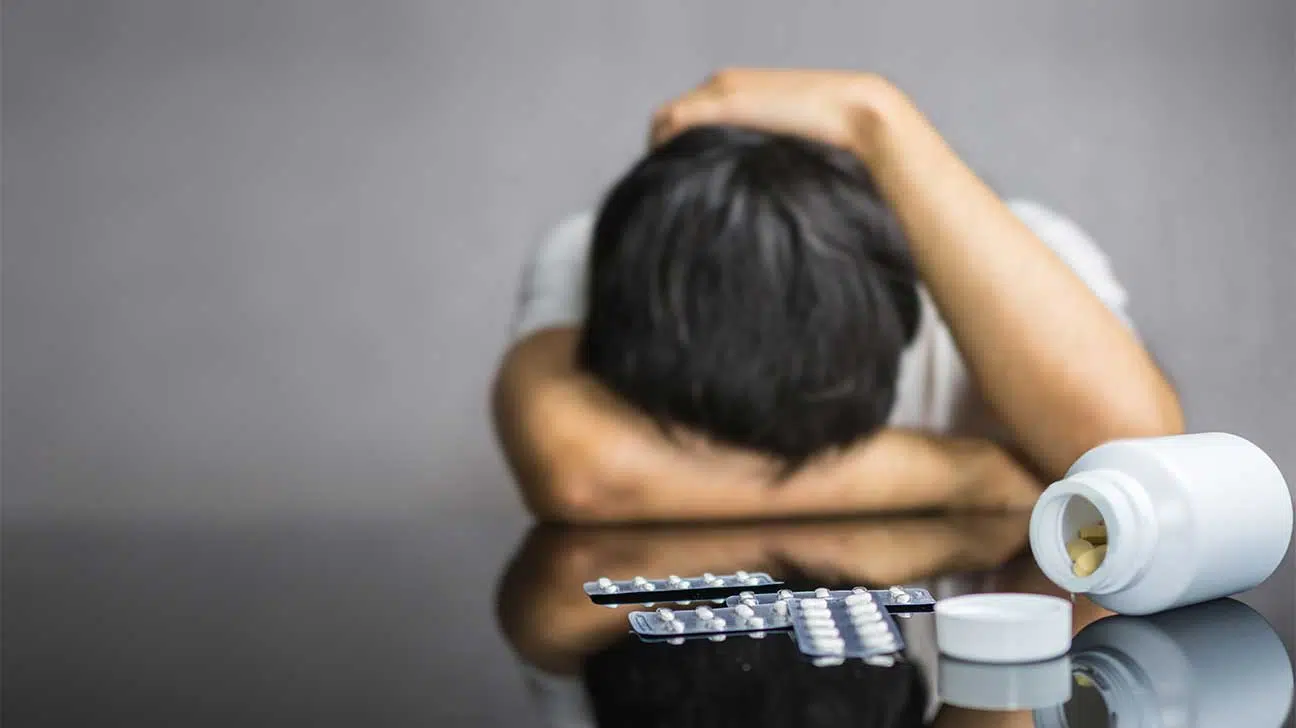How To Detox From Cocaine Safely
Cocaine detox can be a difficult process, but safe detox is possible. The safest way to detox from cocaine is to get help from a detox center.

Cocaine is a powerful stimulant drug that comes from the leaves of the coca plant. Because this drug is so potent, it can cause cocaine addiction quickly.
The cocaine withdrawal process can be difficult and dangerous. Withdrawal symptoms may also lead to relapse.
Detox is an important part of cocaine recovery, and medical detox is one of several types of cocaine addiction treatment.
When a person detoxes safely and effectively, they can increase their chances of success in long-term sobriety.
What To Expect From Cocaine Detox
Cocaine detox refers to the process of cocaine leaving the body. It can take any amount of time from a few days to several weeks.
The length of detox depends on several factors, including how much cocaine a person has taken and how long they’ve abused the drug.
During that time, a person can expect to go through the effects of cocaine detox. These effects are both physical and mental.
Physical Withdrawal Symptoms
A lot of cocaine withdrawal symptoms are physical. After repeated cocaine abuse, the body begins depending on cocaine.
As a result of this dependence, a person may experience physical difficulties during the withdrawal process.
Some of the physical symptoms of cocaine withdrawal include:
- intense cravings for the drug
- fatigue
- changes in sleep patterns
- physical restlessness
- overall discomfort
- increased appetite
Mental And Emotional Withdrawal Symptoms
All substance abuse creates mental health side effects. Cocaine has a particularly intense effect on the brain’s dopamine receptors.
Dopamine is a reward chemical that creates feelings of happiness and well-being.
The brain releases dopamine when a person eats, exercises, or does virtually any healthy activity.
Cocaine, however, floods the brain with too much dopamine, creating a cocaine high.
Over time, the brain slows its own natural dopamine production and assumes that cocaine will continue to provide it.
When a person begins the cocaine detox process, their brain may struggle to create and use dopamine by natural means.
Fortunately, dopamine receptors can heal over time. However, the initial loss of dopamine can create mental health issues.
Some of the mental withdrawal symptoms of cocaine include:
- mood swings
- depression
- anxiety and agitation
- poor concentration
- vivid dreams
- suicidal thoughts
Why Detox At A Treatment Center?
Overall, it’s safest to do the detox process at a trusted inpatient detox center.
By choosing a cocaine detox center, a person can have access to medical professionals, lower their chances of relapse, and get help if they need to detox from more than one drug.
Polysubstance Abuse Treatment
According to several studies, people with a cocaine addiction have a high likelihood of being addicted to at least one other drug.
For instance, someone with a cocaine addiction may also have an alcohol addiction. This is called polysubstance abuse.
According to several sources, it is very important to consider polysubstance abuse during cocaine detox.
Some drugs, including opioids, require a medical detox, as the withdrawal process can become dangerous and even life-threatening.
Even people who have only used cocaine should consider a detox treatment facility, because polysubstance abuse may occur unintentionally.
For instance, fentanyl may be mixed into cocaine without the buyer’s knowledge.
With access to proper medical care, a person can receive immediate emergency help if they experience a negative reaction to these drugs.
Drug-Free Environment
As withdrawal symptoms emerge, people often return to the drugs that they were attempting to quit.
Without proper care, they may feel as if the only thing that can provide relief is the drug itself. Inpatient treatment, however, can eliminate the possibility of immediate relapse.
Residential treatment centers are drug-free environments, with the occasional exception for legal, supervised medication.
Consistent And Safe Support
Some detox centers are housed within treatment programs like inpatient rehab or outpatient drug addiction care.
Even when detox centers are not part of a broader treatment program, they often have partnerships with these programs.
As a result, attending a cocaine detox program can provide a person with immediate access to different levels of care.
Furthermore, supervised detox provides consistency and safety. People get support for both physical and psychological symptoms, so they don’t have to deal with these symptoms alone.
As they detox from cocaine, a person may receive cognitive behavioral therapy, medications to deal with specific symptoms, and more.
Find A Rehab Center And Recover From Cocaine Use
Drug addiction is a difficult disorder, and cocaine abuse requires specialized care. However, with the right healthcare, it is possible to heal from drug use.
If you or a loved one have a cocaine addiction, contact Spring Hill Recovery Center today. We can provide access to detox programs and multiple levels of care so you can recover safely.
- National Institute On Drug Abuse — What Are The Long Term Effects Of Cocaine Use? https://nida.nih.gov/publications/research-reports/cocaine/what-are-long-term-effects-cocaine-use
- National Library Of Medicine — The Importance Of Considering Polysubstance Use: Lessons From Cocaine Research https://www.ncbi.nlm.nih.gov/pmc/articles/PMC7450360/
- New England Journal Of Medicine — Management Of Cocaine Abuse And Dependence https://www.nejm.org/doi/full/10.1056/NEJM199604113341507


